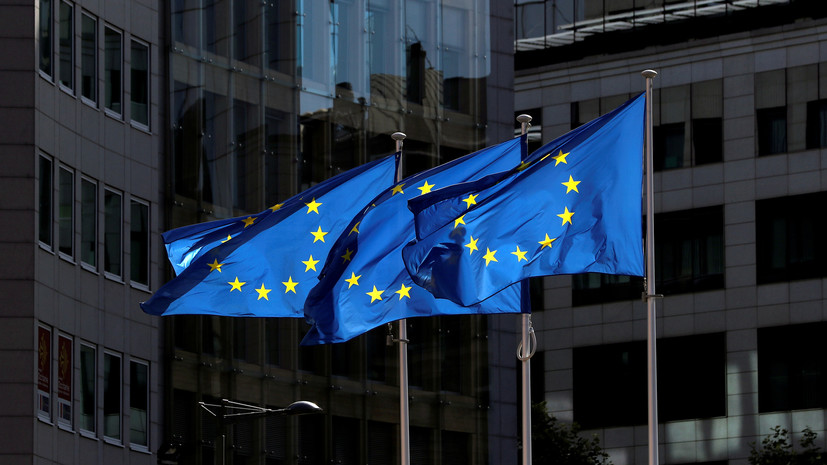According to Nikolau-Alavanos, the restrictive measures imposed by Russia in response to Western sanctions in connection with the situation in Ukraine turned out to be a serious problem for Greek agricultural exports and led to significant losses.
The parliamentarian believes that so far no significant measures have been taken to support farmers and compensate for lost income, and the assistance provided in the amount of less than € 50 million over more than six years did not help alleviate the situation.
According to the European Commission, from 2014 to 2018, Greece withdrew from the market 102.5 tons of fruits and vegetables, which is equivalent to € 52 million. Peaches and nectarines made up about half of the total volume of this product, and oranges - 25%.
The EC noted that in the coming years, Greece will receive a total of € 19.4 billion to support local farmers and rural areas of the country.
The document also emphasizes that the EU may revise anti-Russian sanctions when the Minsk agreements are implemented.
At the same time, according to the EC, Russia allegedly bears responsibility for their failure to comply.
“The EU is ready to revise the sanctions if obvious progress is made in the conflict in Ukraine - in particular, through the full implementation of the terms of the Minsk agreements.
In this respect, Russia has a key responsibility, ”the EC states.
Moscow has banned the import of certain food products from EU countries in response to European restrictions imposed in 2014 after the reunification of Crimea with Russia.
Last December, the European Council decided to extend the sanctions.
The Russian government also extended the embargo until December 31, 2021.

